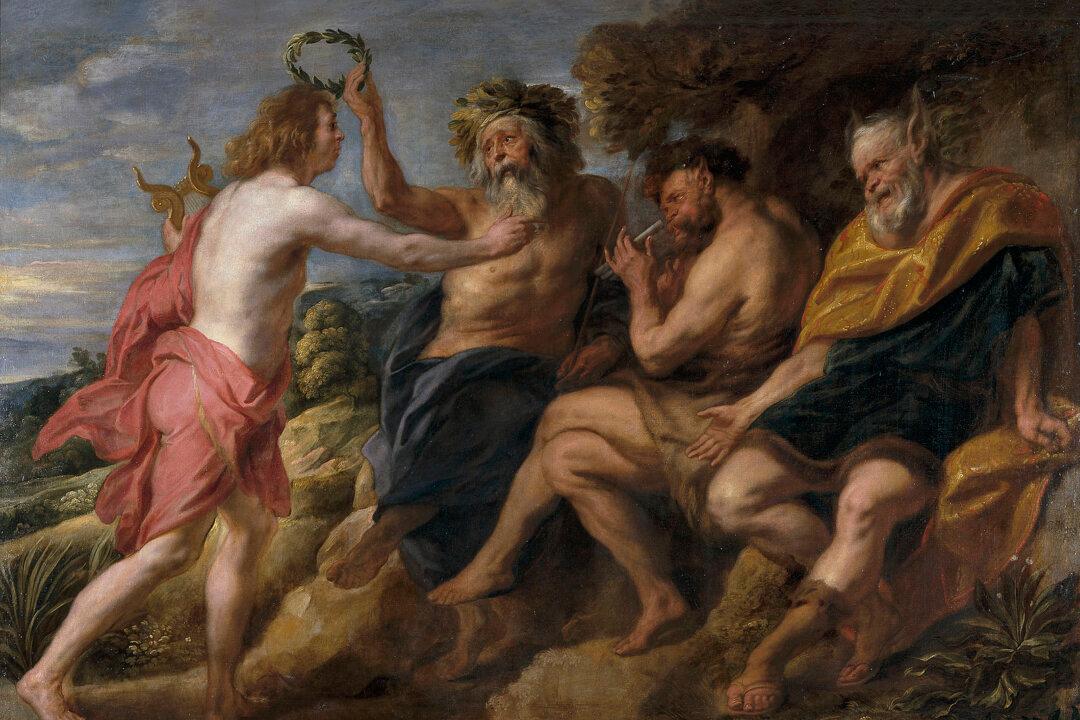In my previous article on King Midas, we found that the Midas Touch proved to be a curse—the automatic consequence of the hubris of Midas.
King Midas (if you remember the myth) recognizes a prisoner brought before him as Silenus, the stepfather of the disrupter god Dionysus, and Midas not only releases the prisoner, but he also honors him with feasting and drinking. Dionysus, extremely grateful, offers Midas an incredible gift, namely, anything he would like to have. This open-ended offer is immediately abused by Midas, who thus reveals his hubris. Without hesitation, Midas asks for the golden touch.






